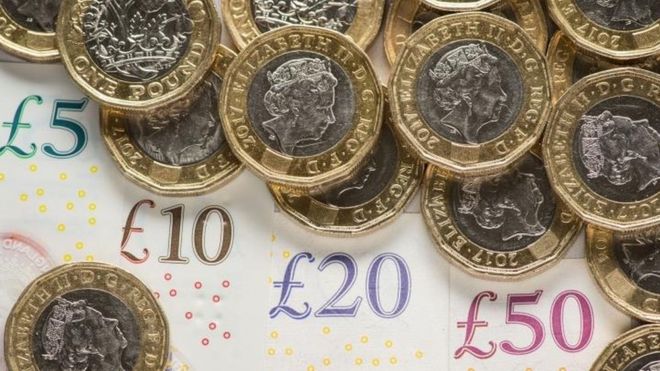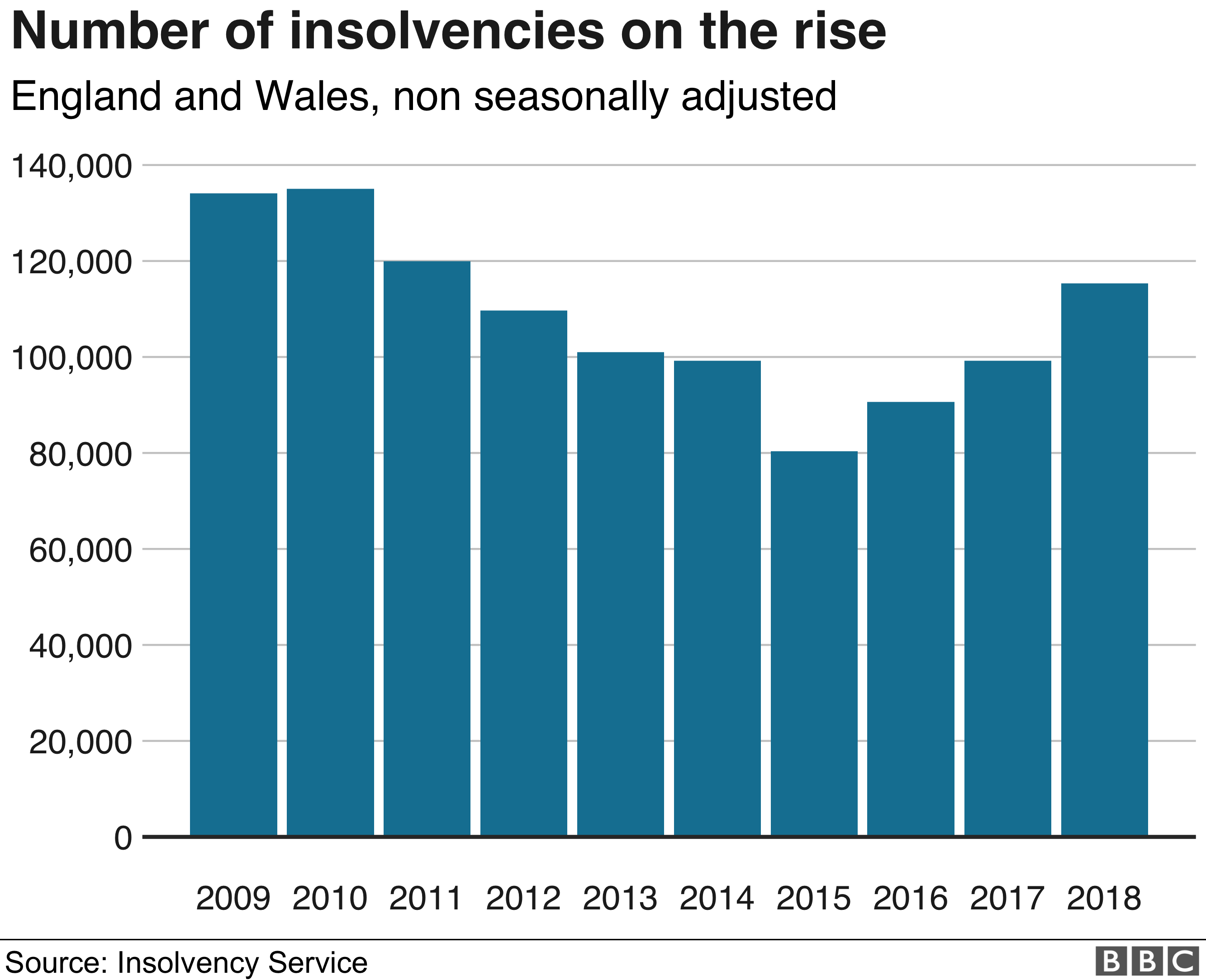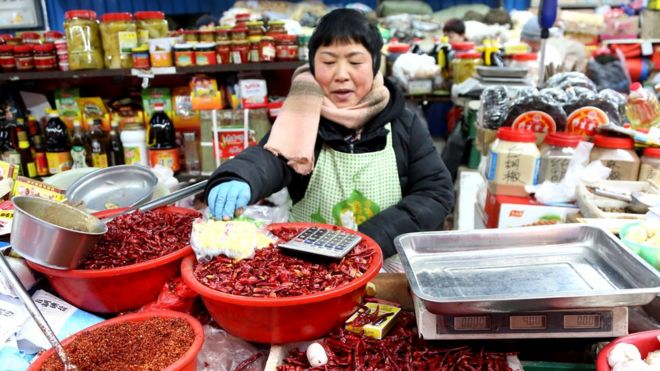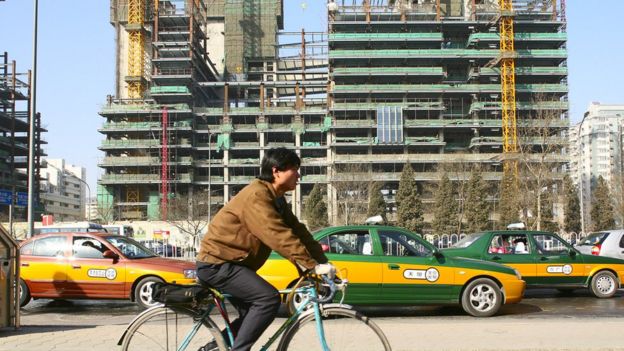By Steven Arons and Birgit Jennen
Deutsche Bank AG’s top ranks are bracing for a potential government-brokered merger with rival Commerzbank AG by mid-year as they run out of time to turn Germany’s largest bank around.
Executives, preparing to announce results for a difficult fourth quarter on Friday, are concerned such a deal may become their only option if there’s no clear improvement in the first three months of 2019, people briefed on their thinking say. The bank has already warned that the final months of last year were impacted by the dramatic images of a police raid in November, which compounded a challenging market environment.
A spokesman for Deutsche Bank declined to comment.
Chief Executive Officer Christian Sewing has pleaded for patience with his current plan, which is centered on cost cuts and efforts to stabilize market share, but talks between the lender and the government have recently intensified. Years of unsuccessful restructurings left the lender with a slump in revenue it has been unable to reverse. That’s fanned speculation it will ultimately be forced to merge with Commerzbank in a bid to add scale and slash expenses in a notoriously competitive domestic market.
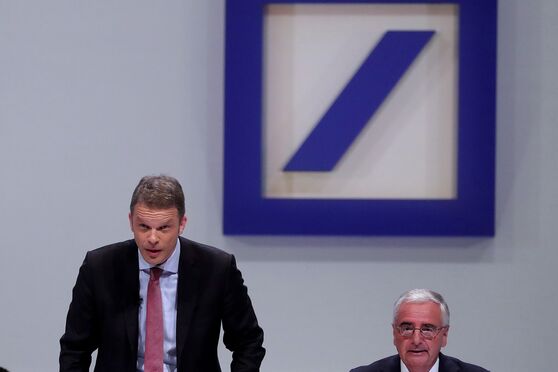
Deutsche Bank CEO Christian Sewing, left, and chairman Paul Achleitner
Photographer: Krisztian Bocsi/Bloomberg
Although the bank’s largest investors continue to support Sewing, they’re unhappy with the losses they’ve sustained, according to people familiar with the matter. The stock lost more than half of its value last year, before recovering some of those declines this year.
Deutsche Bank fell 3 percent at 11:05 a.m. in Frankfurt trading, reversing earlier gains. Commerzbank declined 1.9 percent.
“If this is true, the economic situation at Deutsche Bank must be worse than seen by the outside,” said Andreas Plaesier, an analyst with M.M. Warburg. “A merger with Commerzbank at this point doesn’t make sense because it offers few possibilities to achieve client growth.”
While a deal is viewed by some as an imperfect solution, the German government thinks it will be impossible for Sewing to turn around Deutsche Bank before a potential economic slowdown exacerbates the situation, people familiar with the government’s thinking said. Berlin on Wednesday slashed its economic growth forecast for this year to just 1 percent, which would be the weakest pace in six years.
The Finance Ministry declined to comment.
The country still owns a large stake in Commerzbank after a bailout. It doesn’t own a stake in Deutsche Bank, but Finance Minister Olaf Scholz has said repeatedly that he wants strong international banks to support Germany’s export-oriented companies.
Representatives of Germany’s largest bank had 23 discussions with officials in Berlin since the new government was formed in March, most of them with Deputy Finance Minister Jorg Kukies. Sewing and supervisory board Chairman Paul Achleitner each had six exchanges, according to a Finance Ministry letter seen by Bloomberg.
Sewing has ruled out any mergers before 2020, but he’s also said in private that he will have to change his strategy before that if his plan fails. Many officials at Deutsche Bank and the German government favor a merger with Commerzbank as the best option available to Sewing, people familiar with the matter have said.
Analysts polled by the bank now anticipate an eighth consecutive decline in group revenue for the fourth quarter. Chief Financial Officer James von Moltke recently told Bloomberg News that December was a difficult month for the bank.
Still, at least one large shareholder appears ready to double down on the company. Deutsche Bank won a commitment for new investment from Qatar, which already has two vehicles with stakes in the lender, people familiar with the matter have told Bloomberg. The new investment is likely to be made through the the country’s sovereign wealth fund.
— With assistance by Abigail Moses, and Thomas Beardsworth
